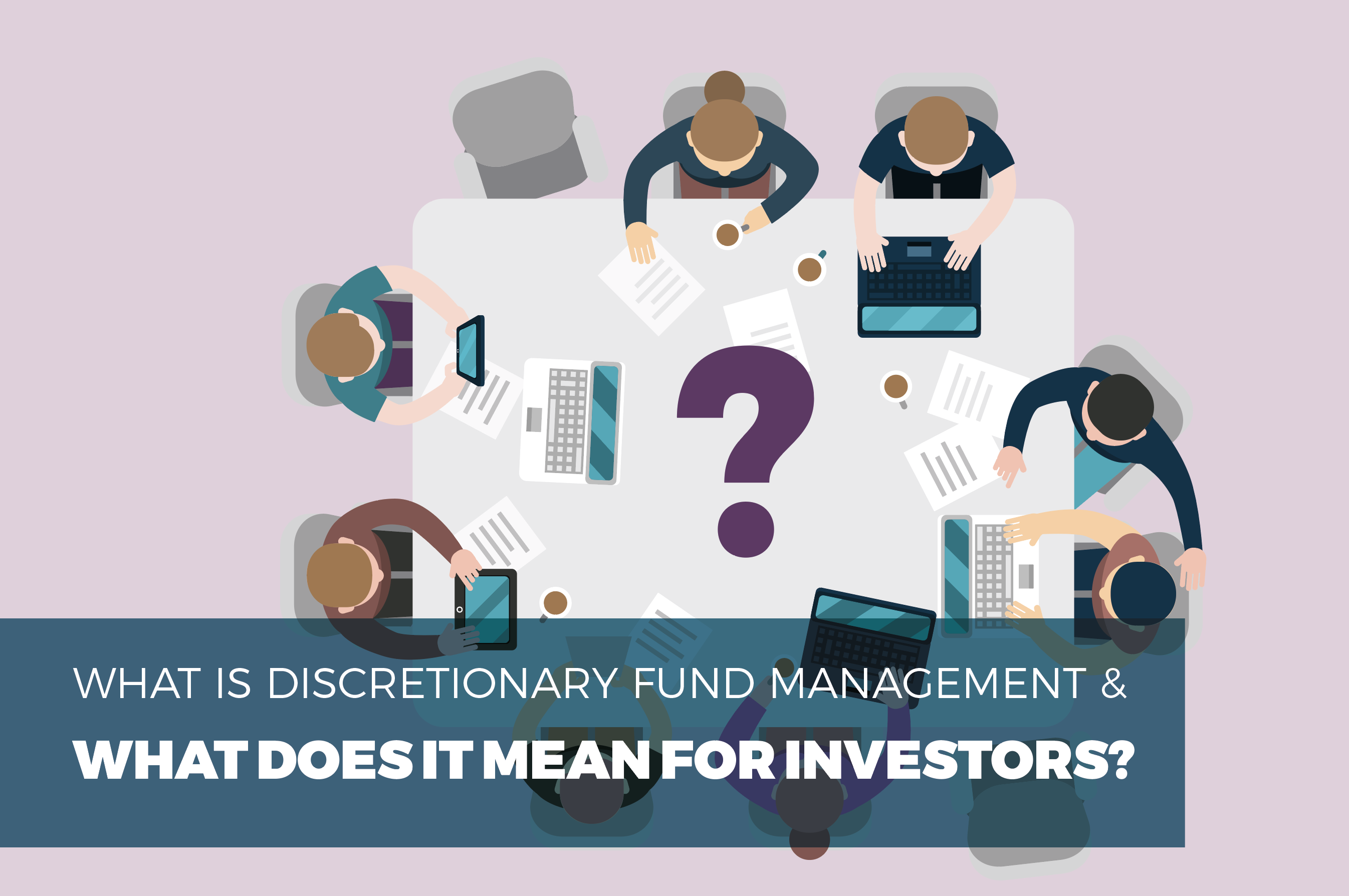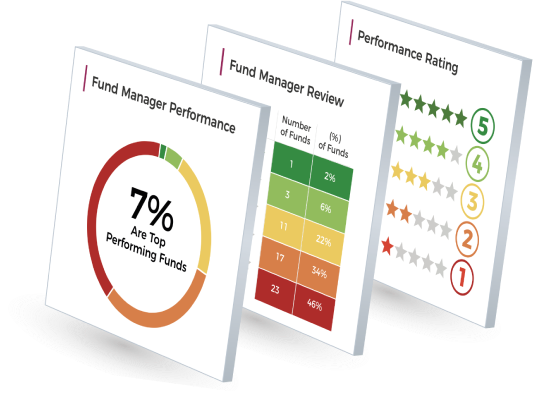
In the UK, financial advisers control around 80% of all retail fund distribution, and until recently the majority had managed and administered all investment decisions for their clients. However, on January 2013 the industry was hit with its biggest shake up in years when the Retail Distribution Review (RDR) came into effect in an attempt to put a lid on the mis-selling of investment products.
One of the biggest changes was in regard to how advisers got paid as accusations of bias prompted the RDR to ban advisers from receiving commission on investment products. Instead advisers had to charge their clients a fee which would be agreed upon upfront.
Since this legislation came into effect advisers have been attempting to cut costs, improve compliance and increase business efficiency with the majority now outsourcing their client investment portfolios to discretionary fund managers.
But what exactly is discretionary fund management and who does it benefit more, advisers or investors?
What is discretionary fund management all about?
A discretionary fund manager is a professional third-party investment manager who invests your money within the parameters of your risk-profile. In other words – you (or rather your adviser) hands over your money to the discretionary fund manager, tells them how much risk you are willing to take (which will depend on your adviser asking about your investment goals, looking at your income, age, asset and other key variables) and the discretionary fund manager will have full control over the investment decisions on your money.
In the past few years discretionary fund management has grown significantly, with a recent review by threesixty showing that 87% of the advisers they surveyed regularly use discretionary fund managers.
The services offered by discretionary fund managers has made advisers re-assess the added value they provide clients. They believe client service and management should be their strength rather than investment selection. Therefore, for many financial advisers outsourcing the management of client investment portfolios makes perfect business sense.
* It removes the responsibility and accountability that comes with managing investment decisions.
* It removes administrative burdens and frees up their time to provide clients with a more focused financial and tax planning service.
* But perhaps the most beneficial reason for financial advisers to make use of discretionary fund managers is because it enables them to service more clients and therefore generate more fee revenue, which has raised questions as to whether discretionary fund management is more beneficial to advisers than investors.
Do investors benefit from discretionary fund management?
Although discretionary fund managers provide financial advisers with clear benefits they also provide investors with some distinct advantages.
Many investors are attracted to discretionary fund managers because they believe they have focused research capabilities and a level of expertise that could ultimately help their investments grow. Another advantage is that discretionary fund managers can make changes to the investments held, without having to seek the investors permission every time, which in theory should enable them to act quickly if they see an opportunity in the market. Many financial advisers who outsource investment management believe their clients are the main beneficiaries as they get a more personalised service that delivers both high quality financial planning and investment management.
But a discretionary fund manager is only value for money if they can generate investment performance that puts you in a better position, after paying their fees, than you would have been without using them. However, a recent wide-ranging review of discretionary fund manager performance by Asset Risk Consultants (ARC) has found that the majority of their portfolios have failed to add value in the past three years, with approximately 50% underperforming the market.
Another downside to discretionary fund management is that it can cost more than some other centralised services. According to Finalytiq, a consultant to the financial advice industry, advisers tend to charge their clients 1 per cent a year, but the addition of discretionary management services is likely to push the bill beyond 2 per cent as the vast majority of IFAs do not discount their own fees when they outsource.
Therefore, annual charges of 2% will cause someone who has invested £250,000, and seen 5 per cent average annual growth, pay £62,000 in fees over a decade, according to calculations by consumer group Which?
Questions to ask your adviser who recommends discretionary fund management
Although many investors prefer the more traditional hands on advised portfolio approach, which ultimately allows you to make your own investment decisions which your adviser executes on your behalf, there are a growing number of investors who are considering using a discretionary fund manager.
In fact, for many the discretionary fund management route may be preferable to an advised portfolio – although both have their merits. If you do choose to go down the discretionary route there are a few key questions you should ask your adviser to ensure your money is in good hands – as there is a growing concern that some advisers are not fully carrying out the due diligence needed when it comes to picking the right discretionary fund manager.
1. Are you satisfied with the cost? Look carefully at the cost of the advice plus the annual management cost – is the total something you can afford over a long-term? But remember that the cheapest option does not always mean it is good value.
2. Check manager’s track record - ask your adviser how they have decided on that particular discretionary fund manager. Did they go with the largest firm? It may be tempting for your adviser, especially if they are a small firm themselves – to go with the big, well-known names. But this does not mean your money will necessarily be better off. Instead get your adviser to also check for ratings and third-party endorsements.
3. Do you understand the portfolio? It is very important to understand your own risk-profile. Your adviser should find out important details about how the portfolios are constructed, what risk controls are in place and what fees and costs are associated with them; as this often varies from one discretionary fund manager to another.
4. One size does not fit all – check that your adviser has some say in the way your money is being handled andgets enough face-to-face time with their chosen discretionary fund manager.
Is discretionary fund management a suitable option for you?
Discretionary fund management has a number of benefits that can add value to many investors, but for some the downsides make its proposition much less appealing.
As an investor, it is important to understand all variables and options before making investment decisions that could have a significant bearing on your portfolio performance and overall investment objectives.
















